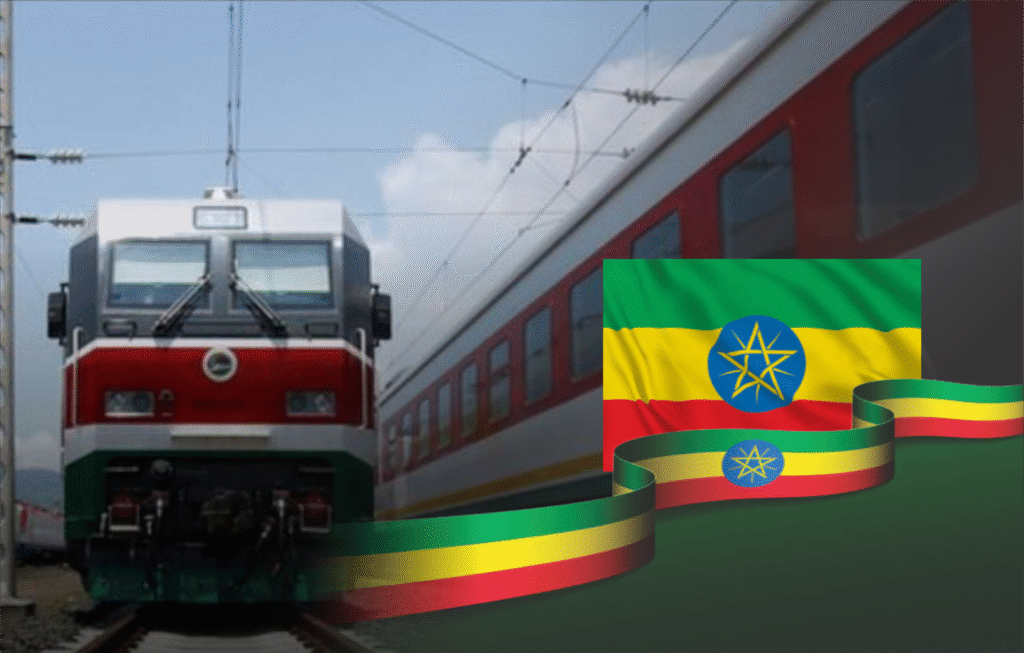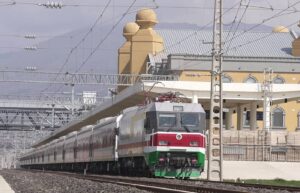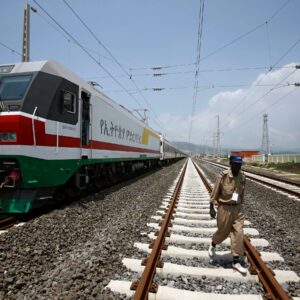ERC Begins Construction of East Africa’s Largest Railway Training Hub

Ethiopia has launched construction of what is set to become East Africa’s largest railway training centre, a project the Ethiopian Railways Corporation (ERC) says will reshape the country’s technical workforce and deepen local ownership of its expanding rail sector.
The new institute, rising on a 62-hectare site in Bishoftu, will train drivers, operators, and maintenance technicians, with completion targeted within three years. Once operational, officials say it will serve as a regional productive engine, supporting Ethiopia’s growing rail network and potentially offering training opportunities to neighbouring countries.
ERC Chief Executive Officer Helina Belachew said the centre marks a strategic shift in Ethiopia’s infrastructure development. “For years, we relied on foreign expertise for even routine operations,” she said, noting that the new facility is designed to give Ethiopians the skills to assemble, maintain, and operate railway components independently. “Beyond modernizing railway services, this initiative is expected to stimulate commercial activity across the country,” she added.

The human dimension of this localization push is already visible. Thousands of young Ethiopians have entered the sector in recent years, many as the first in their families to work in a high-skilled technical field. Chinese contractors involved in the Addis Ababa-Djibouti line report that more than 2,840 Ethiopians have been trained in operations, maintenance, and safety management since the railway opened. By early 2024, over 3000 local staff held key roles, from locomotive maintenance/electrical systems to train conductors and senior management. The handover of operations and maintenance to Ethiopian enterprises in May marked a milestone in both skills transfer and national confidence.
![]()
Socially, the training hub is expected to strengthen pathways to stable employment, especially for youth in surrounding communities. Local officials anticipate new demand for housing, small businesses and services, once the centre becomes operational. An economic ripple effect that often accompanies major training institutions.
The project aligns with Ethiopia’s broader ambition to assert greater self-reliance in infrastructure development, politically. In a country that has long depended on foreign technicians to keep critical transport corridors running, the shift toward domestically trained talent carries both symbolic and practical weight. It signals an effort to reduce foreign exchange pressures, protect national transport security, and improve the sustainability of mega-projects.

ERC says the Bishoftu centre will consolidate its scattered training programmes into one integrated institution, lowering the high costs of sending trainees abroad while expanding the scope of courses offered. The corporation hopes the model will eventually support regional cooperation, positioning Ethiopia as a hub for East African railway expertise.
As Ethiopia scales up its modern rail network, the new training centre stands as an investment in infrastructure and people, creating the foundation for a home-grown workforce capable of driving the country’s transport future.






